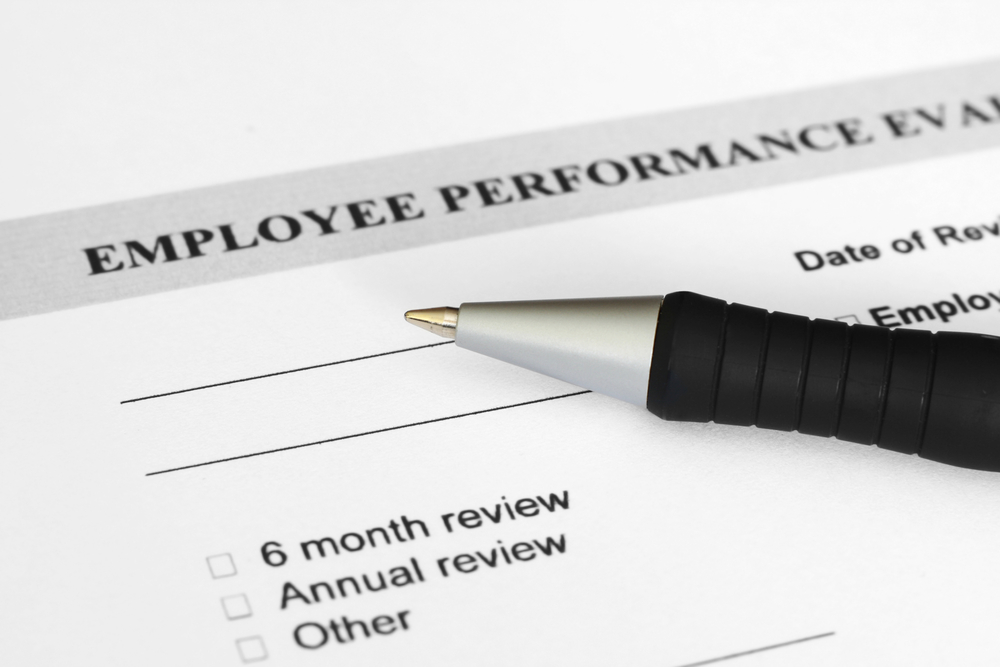FCIF daily roundup: Highlights from the final day of the Fast Company Innovation Festival
All good things must come to an end, and after four days of programming, the 2024 Fast Company Innovation Festival concluded on Thursday with a lively closing party. This year’s festival served as a celebration of sustained innovation and featured the magazine’s selection of the 10 most innovative people of the last decade. These leaders and doers, who are shaping our future, left festivalgoers with many provocative ideas to ponder regarding pressing issues that range from sustainability to AI to the upcoming U.S. presidential election. While many speakers gave audience members reason to laugh, some put reporters on a deadline to file the news they announced while on stage. Below are some highlights from more than 30 sessions and receptions on Thursday: ‘Do we want some guardrails?’ Lina Khan has faced her fair share of criticism since she became the youngest-ever chair of the Federal Trade Commission (FTC), but she has been able to achieve seemingly the impossible: bipartisan support to go after concentrated power and monopolies. “I hear routinely from members on both sides of the aisle [who] are hearing from their constituents and communities about how increasingly dominant corporations are able to get away with all sorts of abusive practices,” Khan said. “And people don’t have recourse because there’s not much competition in the market.” As technology evolves, so could the risks for consumers. Khan noted the FTC’s recent market inquiry about surveillance, for example, or targeted pricing in which customers are charged higher prices for products because companies know key information about them. She offered two hypothetical examples—a company charging a family higher prices for nut-free granola bars because it knows one of the children has a nut allergy or an airline charging a higher fare for a ticket because it knows the traveler just had a death in the family. “I don’t think we want to wake up one day where this is just now the new normal,” she said. “I think we want to be able to figure out: Is this really an economy and society that we want to be living in, or do we want some guardrails?” Navigating uncertainty in Hollywood While Issa Rae rose to fame with her YouTube series Awkward Black Girl, she’s now in her “mogul era,” with an expanding line of various businesses that includes a jewelry line that she announced this week in collaboration with Cast. But finding ways to get stories out in the world, especially those written by and starring Black creatives, continues to prove difficult. Despite the success she enjoyed with her HBO series Insecure, Rae has endured several canceled series and told the festival’s audience that the current landscape in Hollywood is very challenging. “There isn’t a lot of work,” she said. “It is hard, and it is a big, big waiting game just generally of figuring out what’s going to happen to the industry.” Among the problems, Rae said, is that most of the television networks are “beholden to Wall Street,” and the industry is in a wait-and-see mode depending on the outcome of the presidential election. But the writer-actress-producer does have a potential solution: controlling distribution. Rae launched Hoorae Media in 2020, though her aspirations don’t end there. “It’s about making sure that we have hands on every part of the process,” she said. “And that’ll hopefully, ultimately lead to a studio, whether it’s a network, whether it’s some form of distribution, that is the North Star.” Timbaland’s take on AI Creative industries have been grappling with how to embrace—or reject—the transformative power of artificial intelligence. This week, California Governor Gavin Newsom signed several AI bills into law, including two that concern the rights of actors when studios have the option to use an AI-generated version of an actor rather than the genuine article. The music industry is likewise facing a reckoning, but Grammy Award–winning producer and artist Timbaland urged festivalgoers to keep some perspective: AI isn’t new, but rather it’s evolving. As such, he said he sees AI as “a tool to enhance my creativity, not to take away from my creativity.”

All good things must come to an end, and after four days of programming, the 2024 Fast Company Innovation Festival concluded on Thursday with a lively closing party.
This year’s festival served as a celebration of sustained innovation and featured the magazine’s selection of the 10 most innovative people of the last decade. These leaders and doers, who are shaping our future, left festivalgoers with many provocative ideas to ponder regarding pressing issues that range from sustainability to AI to the upcoming U.S. presidential election. While many speakers gave audience members reason to laugh, some put reporters on a deadline to file the news they announced while on stage.
Below are some highlights from more than 30 sessions and receptions on Thursday:
‘Do we want some guardrails?’
Lina Khan has faced her fair share of criticism since she became the youngest-ever chair of the Federal Trade Commission (FTC), but she has been able to achieve seemingly the impossible: bipartisan support to go after concentrated power and monopolies.
“I hear routinely from members on both sides of the aisle [who] are hearing from their constituents and communities about how increasingly dominant corporations are able to get away with all sorts of abusive practices,” Khan said. “And people don’t have recourse because there’s not much competition in the market.”
As technology evolves, so could the risks for consumers. Khan noted the FTC’s recent market inquiry about surveillance, for example, or targeted pricing in which customers are charged higher prices for products because companies know key information about them.
She offered two hypothetical examples—a company charging a family higher prices for nut-free granola bars because it knows one of the children has a nut allergy or an airline charging a higher fare for a ticket because it knows the traveler just had a death in the family.
“I don’t think we want to wake up one day where this is just now the new normal,” she said. “I think we want to be able to figure out: Is this really an economy and society that we want to be living in, or do we want some guardrails?”
Navigating uncertainty in Hollywood
While Issa Rae rose to fame with her YouTube series Awkward Black Girl, she’s now in her “mogul era,” with an expanding line of various businesses that includes a jewelry line that she announced this week in collaboration with Cast. But finding ways to get stories out in the world, especially those written by and starring Black creatives, continues to prove difficult.
Despite the success she enjoyed with her HBO series Insecure, Rae has endured several canceled series and told the festival’s audience that the current landscape in Hollywood is very challenging. “There isn’t a lot of work,” she said. “It is hard, and it is a big, big waiting game just generally of figuring out what’s going to happen to the industry.”
Among the problems, Rae said, is that most of the television networks are “beholden to Wall Street,” and the industry is in a wait-and-see mode depending on the outcome of the presidential election. But the writer-actress-producer does have a potential solution: controlling distribution. Rae launched Hoorae Media in 2020, though her aspirations don’t end there.
“It’s about making sure that we have hands on every part of the process,” she said. “And that’ll hopefully, ultimately lead to a studio, whether it’s a network, whether it’s some form of distribution, that is the North Star.”
Timbaland’s take on AI
Creative industries have been grappling with how to embrace—or reject—the transformative power of artificial intelligence. This week, California Governor Gavin Newsom signed several AI bills into law, including two that concern the rights of actors when studios have the option to use an AI-generated version of an actor rather than the genuine article.
The music industry is likewise facing a reckoning, but Grammy Award–winning producer and artist Timbaland urged festivalgoers to keep some perspective: AI isn’t new, but rather it’s evolving. As such, he said he sees AI as “a tool to enhance my creativity, not to take away from my creativity.”






















